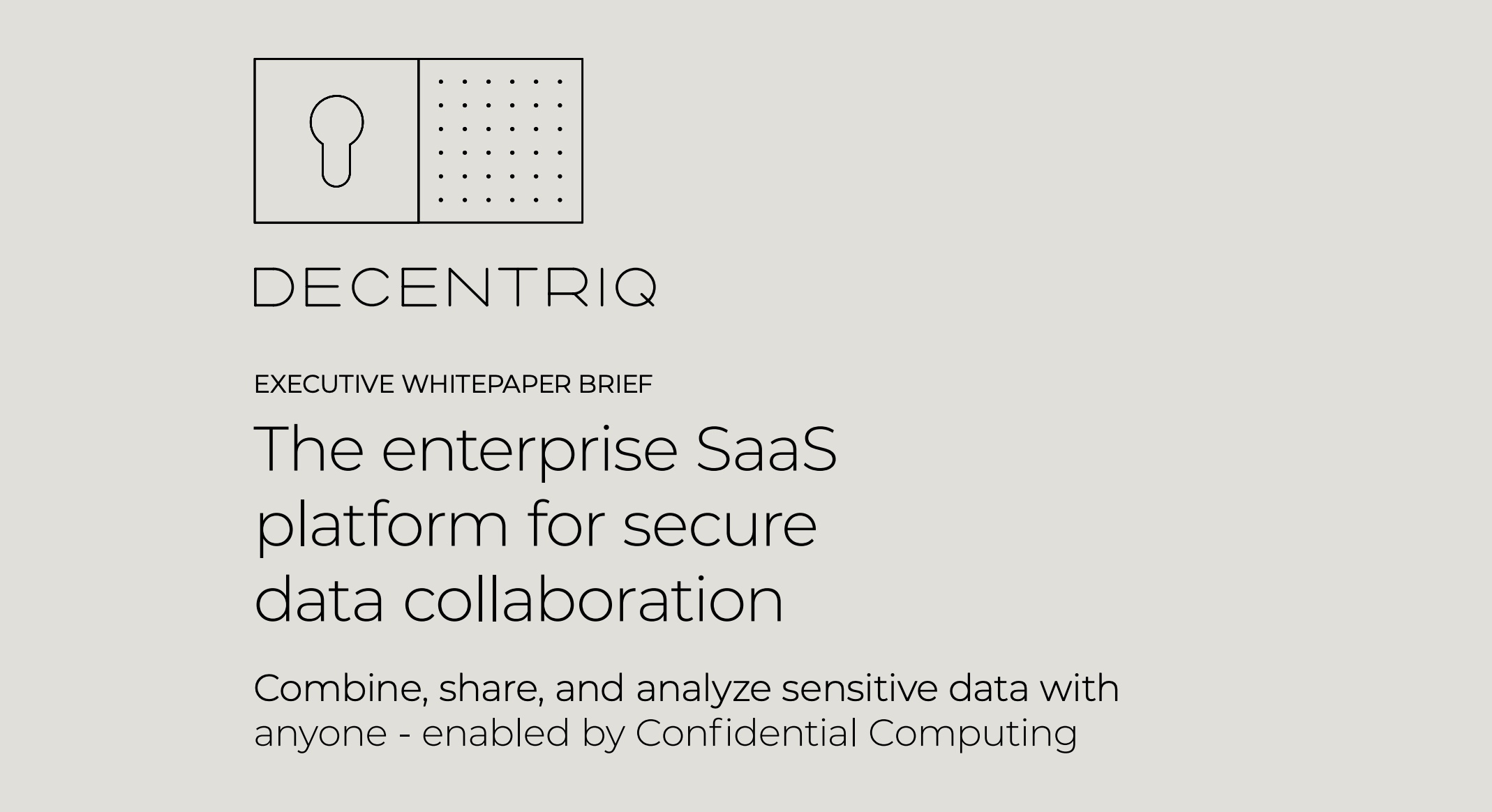Data clean rooms - A new approach to confidential benchmarking

Market research firms face challenges to conducting competitive benchmarking studies – all of which center on participating companies’ concerns on data privacy and meeting regulatory requirements.
Previously, we introduced data clean rooms and how they remove friction in working with sensitive data while fully maintaining confidentiality and privacy of the data. In this article below, we’ll be exploring data clean rooms even further and looking at their application in the field of market research and benchmarking.
Amid rising costs of doing business and an ever-evolving competitive landscape, competitive benchmarking is an important aspect of business strategy. Benchmarks allow companies to conduct competitor analysis and objectively compare their performance and processes against their competitors, or better understand their target market, identify new opportunities and changing market trends.
Benchmarking studies are often conducted by trusted third parties, like market research firms. They act as a trusted intermediary that can confidentially manage and analyze data from their participating companies.
However, market research firms and their participating companies face challenges to conducting these competitive benchmarking studies – all of which center on participants’ concerns on data privacy and meeting regulatory requirements.
1. Stricter data privacy laws and regulations (e.g., GDPR, CCPA)
Companies are wary of their data being used for purposes outside the intended scope of the study or being exposed to unintended parties. They also need to keep tabs on local and cross-border data privacy laws that are ever-evolving and increasingly stringent.
As such, companies have implemented much more rigorous compliance and legal processes which can slow down the benchmarking study and prevent certain sensitive yet valuable data from being shared with the market research firm for analysis. This is even more consequential in highly regulated industries such as healthcare and financial services, both of which collect some of the most sensitive of data.
2. Threat of data breaches
The potential theft of sensitive data and the prospect of ransomware attacks fuel the trepidation of sharing data internally, let alone externally with third parties. The SolarWinds data breach in December 2020, which exposed valuable data from US government agencies and multi-national corporations, serves as a recent and timely reminder of the ever-looming threat of data breaches today.
3. Concerns with sharing data
While organizations have become more protective of their data assets (due to the two challenges above), they are also realizing the inherent value that lies in utilizing and sharing their sensitive data. Recent publications like Doug Laney’s book on Infonomics argue that data is a highly valuable asset that should be accounted for in financial statements, while Gartner predicts that companies who promote data sharing will soon outperform their peers on most business value metrics.
This new reality creates a conundrum for many companies. While companies can no longer ignore the value of insights derived from sharing data, they are increasingly conscious of the unintended usage and privacy concerns associated with data collaboration.
How does this impact participation and analysis of benchmarking studies?
This growing reluctance to share data introduces friction into the process and imposes an additional level of responsibility on market research firms, with the increasing need to:
- Drive greater participation and prevent attrition in the benchmarking study.
- Reassure participating companies on security guarantees of their data throughout the entire study.
- Remove or mask the most sensitive (and frequently, the most valuable) data.
- Lower analytic expectations of the benchmarking study.
- Engage additional vendors that specialize in more advanced techniques such as anonymization and masking.
All these make benchmarking studies more costly and inefficient for market research firms and considerably less valuable for their participating companies.
Defining a new approach to confidential benchmarking
We’ve re-imagined confidential benchmarking as a secure and trusted on-demand service using data clean rooms. Leveraging confidential computing – the latest encryption in-use technology – Decentriq’s data clean rooms provide security guarantees that make trust a given between all participants. It’s a simple, 4-step process.

The benefits of Decentriq’s data clean room
Decentriq makes the entire process frictionless for market research firms, while providing the highest level of confidentiality guarantees for their participating organizations and their sensitive data.
- Reduce cost and friction of the study since less time and resources are needed to navigate ever-changing privacy laws and regulations.
- Guarantee data privacy and security since all data remains encrypted while in place and in use.
- Boost participation in the study and incorporate data from organizations that would not have participated previously due to confidentiality concerns.
- Generate deeper insights from the additional sensitive data incorporated into the analysis.
Find out how Decentriq can help you launch confidential benchmarking studies easily and securely today!
References
Related content
Subscribe to Decentriq
Stay connected with Decentriq. Receive email notifications about industry news and product updates.

.jpg)

